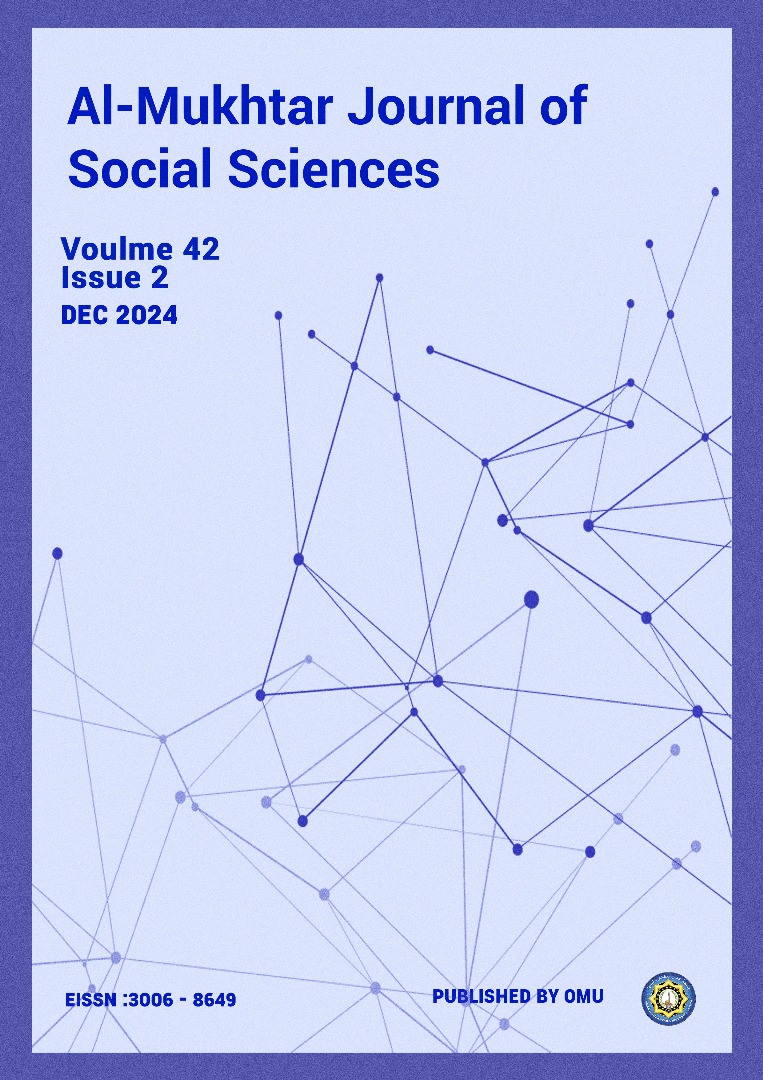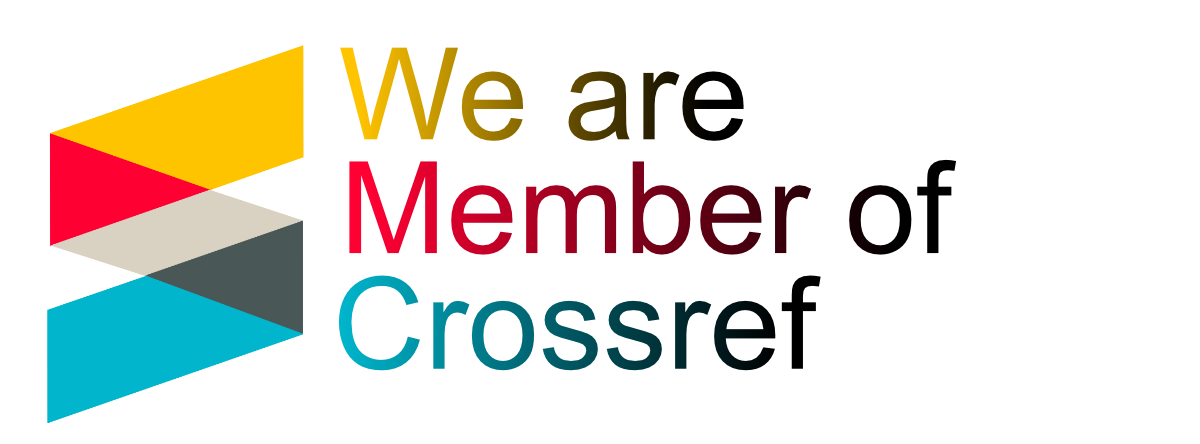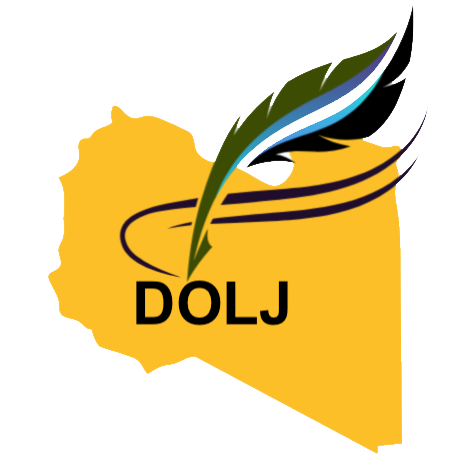التعلم المستقل بين المتعلمين من القطاعين الخاص والعام
DOI:
https://doi.org/10.54172/cemzpb39الكلمات المفتاحية:
مستقل، تعلم، تحفيز، خاص، عام، الاستراتيجياتالملخص
نقدم في هذا المقال أولاً خلفية نظرية لدراستنا من خلال شرح أهم مفاهيم بحثنا؛ ويلي ذلك وصف لإجراءات جمع البيانات. بعد ذلك، نقدم نموذجنا الافتراضي للعوامل التحفيزية، واستراتيجيات التنظيم الذاتي، وسلوك التعلم المستقل ونبين كيف توفر البيانات الدعم لتصورنا للتفاعل بين هذه البنيات. وأخيرا، نناقش الآثار النظرية والتربوية لنتائج دراستنا. سيتم التعامل مع التعلم المستقل في هذه الورقة من خلال مناقشة بعض العناصر الحاسمة التي يجب أن تكون موجودة في هذه العملية، حتى يتمكن المتعلمون من تطوير غريزة داخلية للتعلم بشكل مستقل. هناك منظور مهم آخر في هذه الورقة وهو مقارنة بيئة التعلم الخاص ببيئة التعلم العام، من أجل معرفة العناصر التي تساعد المتعلمين في كل بيئة على تحسين مسؤوليتهم تجاه تعلمهم بشكل مستقل. عادة لا يكون المتعلمون معتادين على مفهوم التعلم المستقل، وفي هذا الصدد فهم بحاجة إلى بيئة معينة مع الأدوات والوسائل المساعدة المناسبة، مع عقلية منفتحة على كلا الجانبين؛ المعلم والمتعلم لتكييف عملية التعلم هذه.
التنزيلات
منشور
إصدار
القسم
الرخصة
الحقوق الفكرية (c) 2024 Najah Ibraheem Aldrisee (Author)

هذا العمل مرخص بموجب Creative Commons Attribution 4.0 International License.
جميع المقالات المنشورة في مجلة المختار للعلوم الانسانية تقع تحت رخصة Creative Commons Attribution 4.0 International License.. ويحتفظ المؤلف (المؤلفون) بحقوق النشر للمقالات التي نشرتها مجلة المختار للعلوم الانسانية مع ضمانهم بمنح أي طرف ثالث الحق في استخدام المقالة بحرية طالما تم الحفاظ على محتوياتها ومؤلفيها الأصليين والاستشهاد بالمصدر الأصلي للنشر، كم أنهم يقبلون ببقاء المقالة منشورة على موقع المجلة (إلا في حالة سحب المقال).














